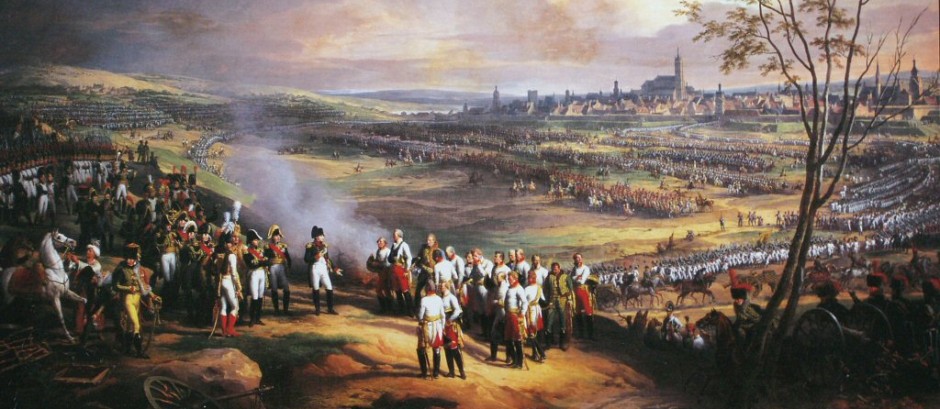Why Dates are important.
Rote memorization of a list of dates rarely benefits anyone. Timelines and chronologies are only beneficial if you understand the cause, course, and consequences of those dated events. Undeniably, you will be “memorizing” some very important dates, but it is more important that you understand the sequence of events. Nor is strict chronological understanding by itself as useful as being able to understand what time period they belong to and why that particular time period is significant in a people’s history. Therefore, see dates as the anchor of sequential understanding and a compass to determine causation.
Historical Causation
Historical thinking involves the ability to identify, analyze, and evaluate multiple cause-and-effect relationships in a historical context, distinguishing between the long-term and proximate. One of the most important tasks of the historian is to investigate sources in order to determine causation so as to establish lessons learned from past events.
E.H. Carr, in his book What is History?, stated that “the study of history is the study of causes”. In essence, the cause of history is the why question that historians must ask when dealing with the historic fabric. Carr emphasized three characteristics of causation that historians should follow: 1) Assign several causes to the event, 2) prioritize the causes, and 3) work through simplifications to provide a clear narrative. In your historical investigations and through your historical writing follow the advice given by this eminent historian.
In your coursework and homework assignments as well as other work one of the most important tasks is to establish and account for causation. Understanding the reasons why an event occurred and its consequences is the essence of historical study. In order to do so you must know your dates, not just simply memorizing a list of dated events. One event has a ‘bang-on’ effect upon another to one extent or another. Your job is to determine the extent to which these relationships are significant.
